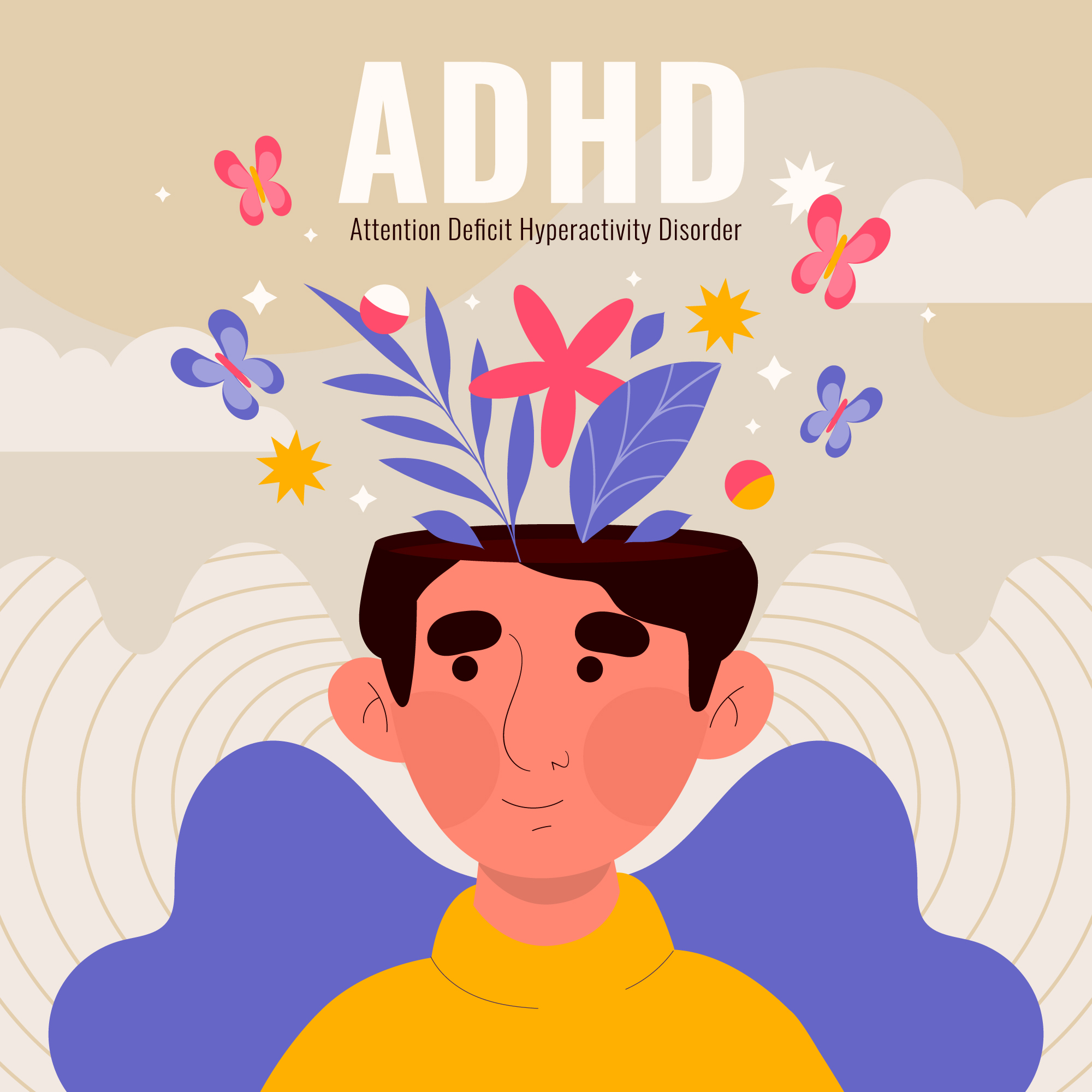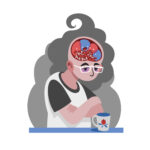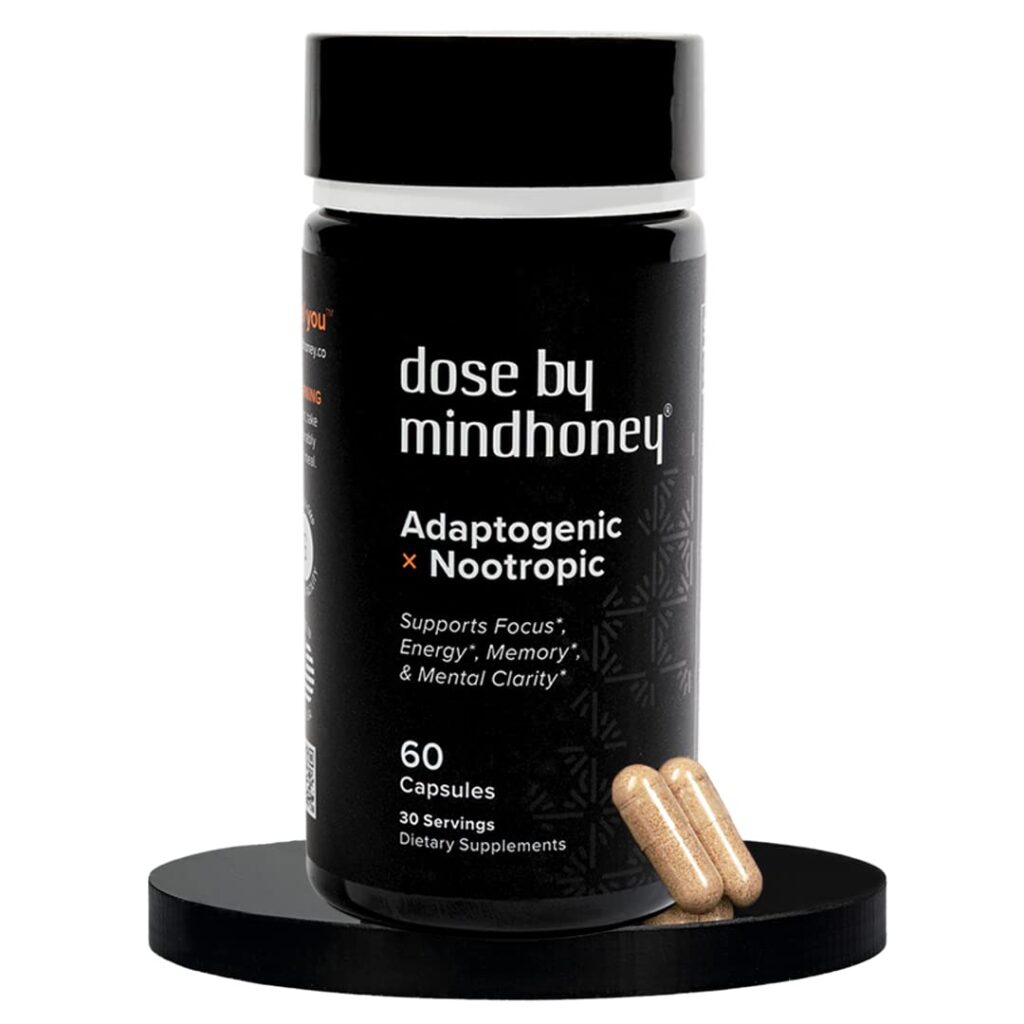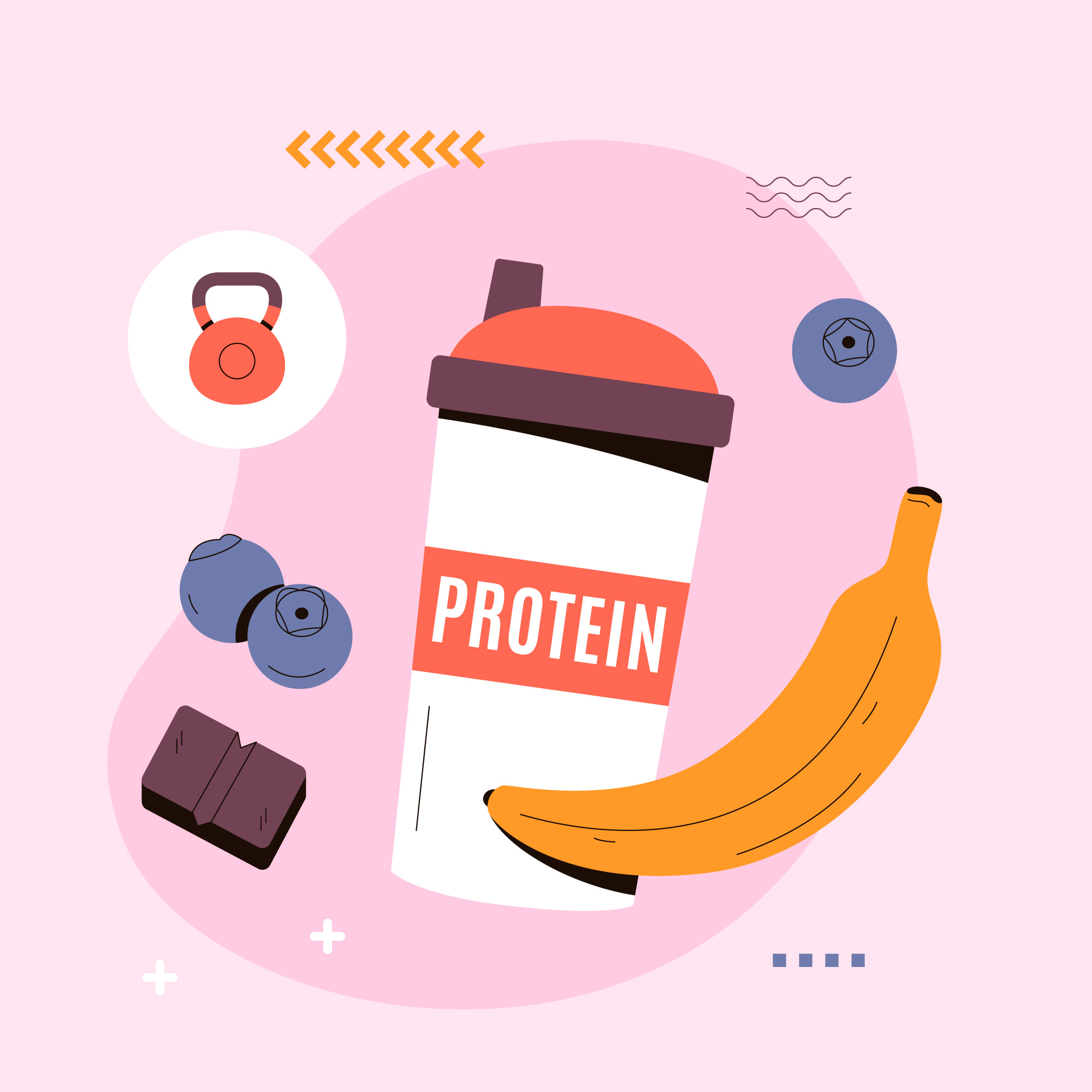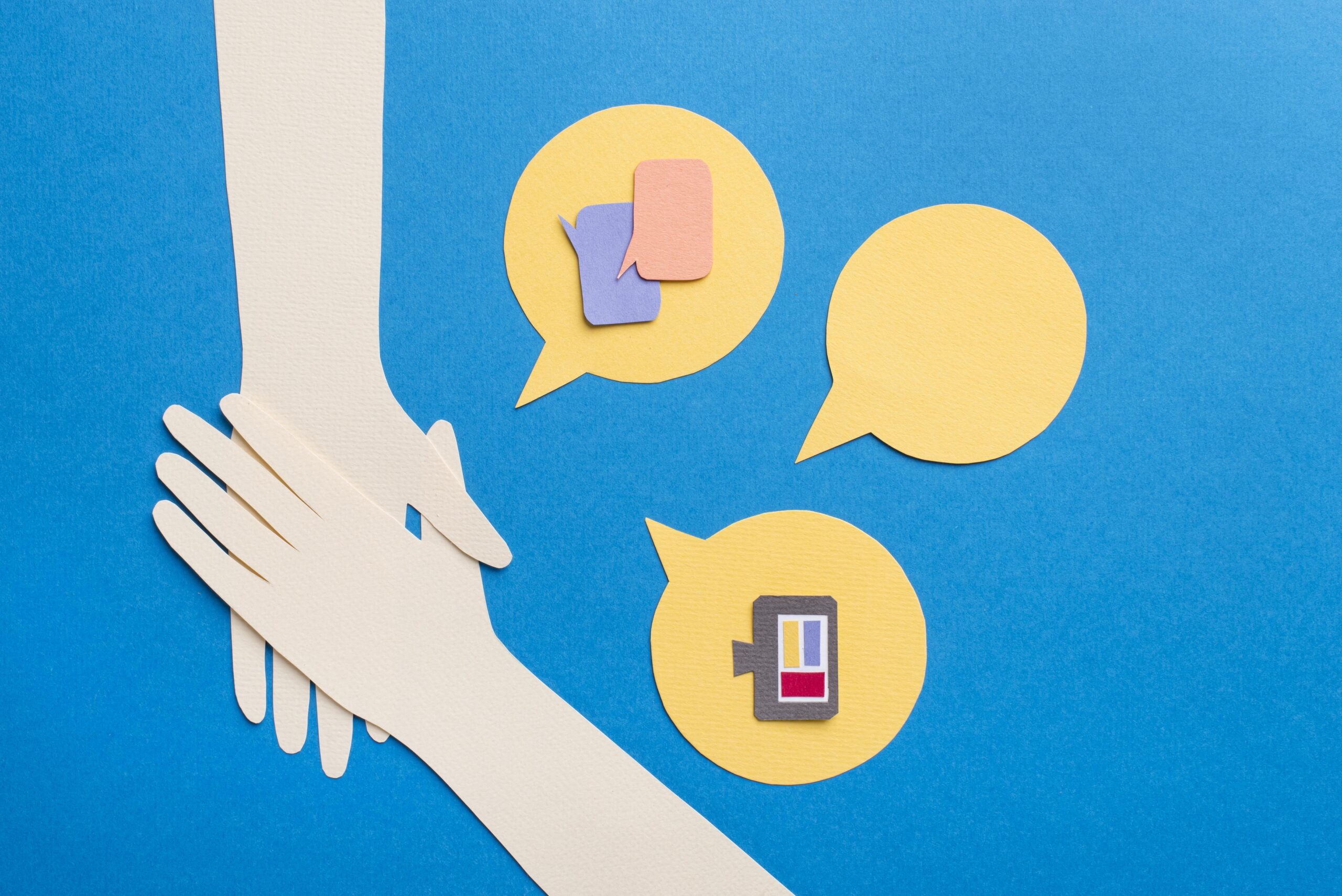Understanding ADHD: What is an ADHD Person Like?
Attention Deficit Hyperactivity Disorder (ADHD) is a neurodevelopmental disorder that affects millions of children and adults worldwide. Often misunderstood and labeled in society, ADHD can significantly impact various aspects of life, from personal relationships to work performance. In this blog post, we’ll delve into what an ADHD person is like, exploring their unique traits, strengths, and challenges.
The ADHD Experience
ADHD manifests in various ways, and it’s essential to recognize that every individual is unique. While there are common characteristics associated with ADHD, such as inattention, hyperactivity, and impulsiveness, they can vary greatly from person to person. Here are some key traits often observed in individuals with ADHD:
1. Inattention
Individuals with ADHD may struggle with maintaining focus on tasks, especially if they are uninteresting or repetitive. This can lead to:
- Difficulty Following Instructions: They may miss details when given multi-step directions, leading to incomplete tasks.
- Easily Distracted: External stimuli, such as background noise or phone notifications, can quickly divert their attention.
- Forgetfulness: They might forget appointments, deadlines, or everyday obligations, which can lead to challenges in both personal and professional settings.
2. Hyperactivity
Hyperactivity can manifest in both physical and verbal expressions. While some adults may exhibit less hyperactive behavior than children, others may still experience:
- Continuous Movement: Individuals may have difficulty sitting still, often fidgeting or tapping their legs.
- Talkativeness: Many express thoughts rapidly, sometimes interrupting others or dominating conversations.
3. Impulsivity
Impulsivity can lead to various behaviors, including:
- Risk-Taking: Individuals might engage in potentially harmful activities without considering the consequences.
- Difficulty Waiting: They may find it challenging to wait their turn, whether in conversations or queueing, leading to interruptive behavior.
Strengths of ADHD Individuals
While ADHD presents challenges, many individuals also possess unique strengths and traits that can be incredibly beneficial in various contexts:
1. Creativity
Many individuals with ADHD are exceptionally creative thinkers. Their brains often make unique connections, allowing them to solve problems in innovative ways. This creativity can lead to:
- Out-of-the-Box Ideas: When allowed to explore freely, they may generate original solutions in both professional and artistic endeavors.
- Flexibility and Adaptability: Those with ADHD can adapt quickly to new environments or tasks, often excelling in dynamic situations.
2. High Energy
The high energy levels associated with hyperactivity can be harnessed positively. Many individuals with ADHD display:
- Passion for Interests: When engaged in activities they enjoy, their enthusiasm is contagious and motivating to those around them.
- Resilience: Often used to overcoming obstacles, those with ADHD can show remarkable perseverance and grit.
3. Hyperfocus
While attention may be a challenge in many areas, individuals with ADHD can also experience hyperfocus—a state of intense concentration on tasks of interest. This can lead to:
- Exceptional Performance: When someone with ADHD finds a subject engaging, they may produce outstanding work through prolonged concentration.
- Deep Engagement: Their investment in certain tasks can yield expertise and accomplishments that others might find difficult to achieve.
Navigating Challenges
Living with ADHD can come with prominent challenges, often requiring individuals to develop coping strategies and systems to help them manage their symptoms effectively. Here are some common strategies:
- Structure and Routine: Many individuals thrive with clear, organized systems. To-do lists, reminders, and designated schedules can significantly enhance productivity.
- Mindfulness and Grounding Techniques: Practices such as mindfulness meditation can help improve focus and reduce impulsivity.
- Seeking Support: Having a support network, whether of friends, family, or therapists, can make navigating challenges easier and provide encouragement.
Conclusion
Individuals with ADHD are not defined by their diagnosis; rather, they are unique people with distinct personalities, talents, and challenges. Understanding what it means to be an ADHD person can foster compassion and acceptance, allowing us to celebrate their strengths and support their struggles.
With the right strategies and support, individuals with ADHD can thrive and make meaningful contributions to the world around them. Whether you are someone with ADHD or know someone who is, remember that embracing our differences ultimately enriches our shared human experience.
